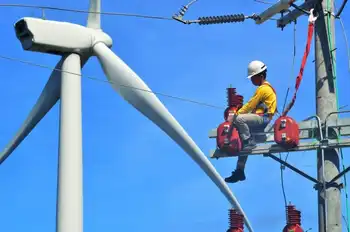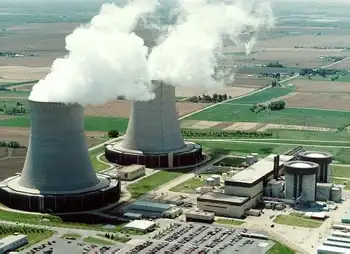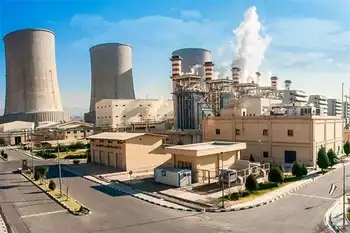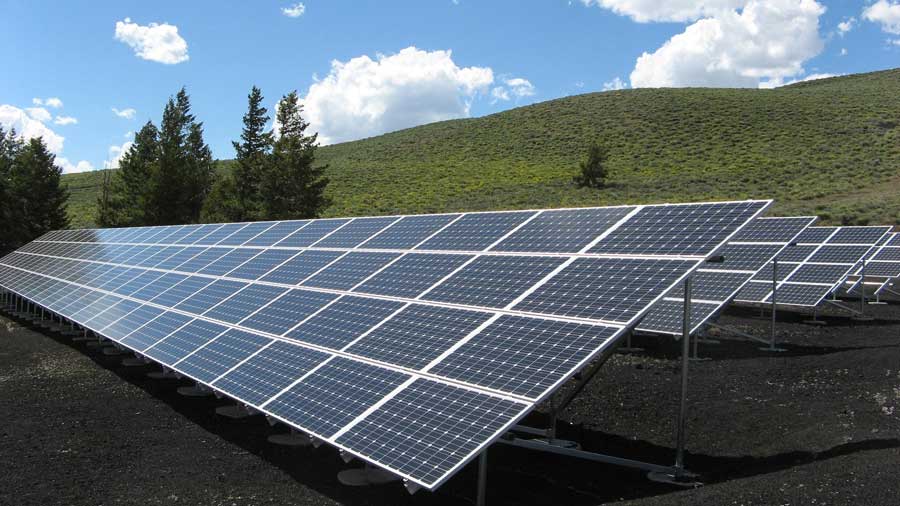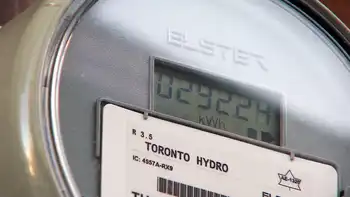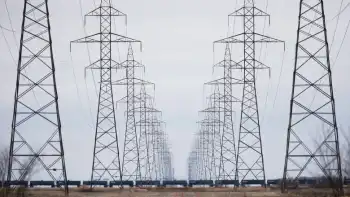Executives call for more “realism”, less creativity in policy
By Industrial Info Resources
Substation Relay Protection Training
Our customized live online or in‑person group training can be delivered to your staff at your location.

- Live Online
- 12 hours Instructor-led
- Group Training Available
While praising the creativity and commitment of the Obama administration's energy team, panelists said that what is needed right now is less creativity and more practicality around energy and environmental issues.
Case in point: The Energy Information Administration (EIA) needs to base its energy forecasts on "rigorous, fact-based assumptions" rather than hopes or wishful thinking, one panelist said. He was criticizing the agency's assumption, embedded in its forecasts, that wind energy generators would have a 40% capacity factor. "That never happens in reality," the panelist said.
Panelists also expressed disbelief at the reported comments of FERC Chairman Jon Wellinghoff, to the effect that he saw no need for any new base-load coal or nuclear power generation in the U.S., and that renewables and efficiency should be the foundation of national energy policy. "How is that possible? What are they smoking?" asked one panelist, a comment that drew scattered laughter from the estimated 2,000 audience members.
Wind or solar projects would be the next generating stations to come online for four of the five power companies represented on the panel: Dynegy, Exelon Corporation, Edison International, and Sempra Energy. But several panelists also contended that the American public was not being adequately informed about the sizable costs, difficult regulatory hurdles, and extended timelines to build transmission lines connecting these often-remote renewables projects to the grid.
"New power plant development is at a standstill, except for windmills," Bruce Williamson, Dynegy's Chairman, President, and CEO, told the attendees.
In an effort to inject some realism into the policy discussion of interstate transmission issues, American Electric Power has retained Susan Eisenhower, daughter of President Dwight Eisenhower, and George Pataki, former governor of New York, for lobbying and public relations activities, said Michael Morris, AEP's Chairman, President and CEO. These hired guns have helped advance better understanding of national energy issues inside Washington, he added.
Morris was particularly sharp, but not alone among panelists, in criticizing the Obama administration's plans for a "cap and trade" system to reduce carbon emissions. "Call it a carbon tax, not cap & trade," he implored. He also rebuked administration officials who met with ecoAmerica, a market research organization that conducted "psychographic research" into "phrases that work" when discussing climate change.
Morris and other panelists criticized the administration's original approach of auctioning off 100% of emissions allowances and using some of those proceeds to fund health-care reform. The panelists were unanimous in their view that funds raised by any carbon allowance auction should be reinvested in the electricity business, funding research and development into carbon capture & sequestration (CCS) and other electric power infrastructure investments.
Americans typically respond to price signals, Dynegy's Williamson said, but it's impossible to craft a national energy policy without a "real discussion" about the electricity price increases that would be necessary to capture and sequester carbon from fossil-fuel plants, construct new base-load generation stations, or build the transmission lines necessary to connect wind or solar generation to the electric grid.
"Fortunately, Capitol Hill is changing" the way it is thinking about energy and the environment, including how to regulate carbon emissions, said AEP's Morris. "Washington, D.C. is looking for overnight solutions to problems that have taken 120 years to develop," added Dynegy's Williamson.





